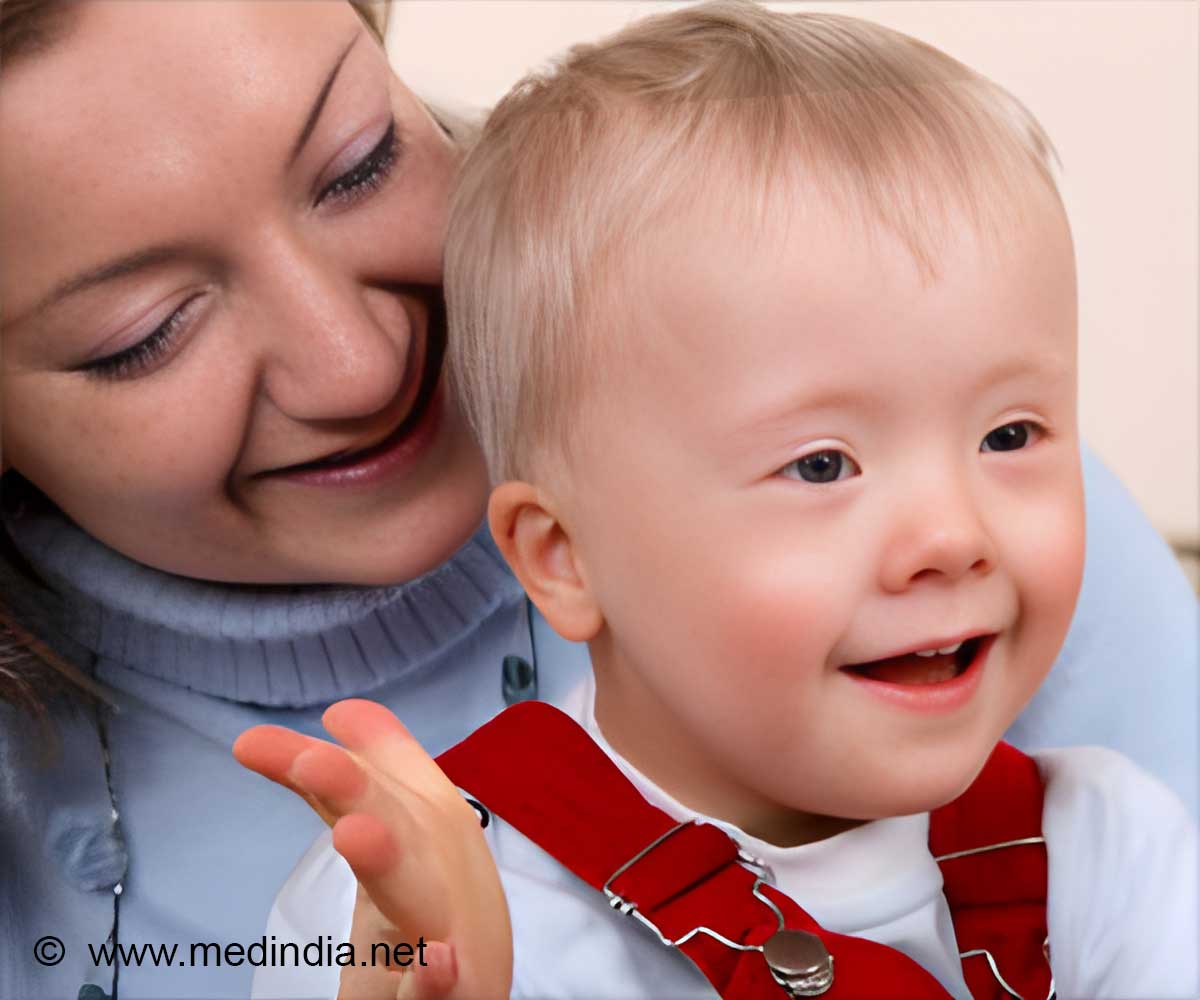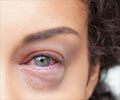
‘On average, variation was nearly three times greater in people with Down syndrome, compared to the control group.’
Tweet it Now
Variation in the results of autorefractor testing is nearly three times greater in people with Down syndrome than in a group of comparison patients, according to the new research by Jason D. Marsack, PhD, FAAO, and colleagues of University of Houston College of Optometry. That variability raises concern that some people with Down syndrome might not receive the best possible prescription to correct their vision. Increased Variability in Autorefractor Testing in People with Down Syndrome.
The researchers performed three automated measurements of refractive error in 139 patients with Down syndrome and in a matched control group. Subjects in both groups ranged from children to middle-aged adults. Nearly all people with Down syndrome have vision (refractive) abnormalities requiring prescription glasses to see clearly.
Autorefraction testing is commonly used for patients who have difficulty participating in subjective vision testing--those who may be unable to tell the eye doctor whether "number one or number two" gives them a clearer image. While the autorefractor is highly accurate for simple vision prescriptions, it is less so in patients with more complex optical aberrations--which many people with Down syndrome have.
As expected, the study found that people with Down syndrome had greater refractive abnormalities. The Down syndrome group had a particularly high rate of hyperopia (far-sightedness) along with increased astigmatism (blurred vision due to irregular shape of the eye).
Advertisement
Although the study could not determine the reasons for increased variability in people with Down syndrome, it was likely due to two factors: greater difficulty participating in the autorefractor testing procedure and more complex, "higher-powered" optical aberrations of the eye. Ninety-one percent of subjects with Down syndrome had at least one successful autorefractor test, compared to 99 percent of the control group.
Advertisement
To minimize variability and provide the best possible vision prescription for patients with Down syndrome, Dr. Marsack and colleagues suggest using multiple methods to measure the vision abnormality--including both objective and subjective methods--and corroborating the results across techniques. For the future, they highlight the need for "additional tools to provide objective measurements of refraction with greater certainty."
Source-Eurekalert













